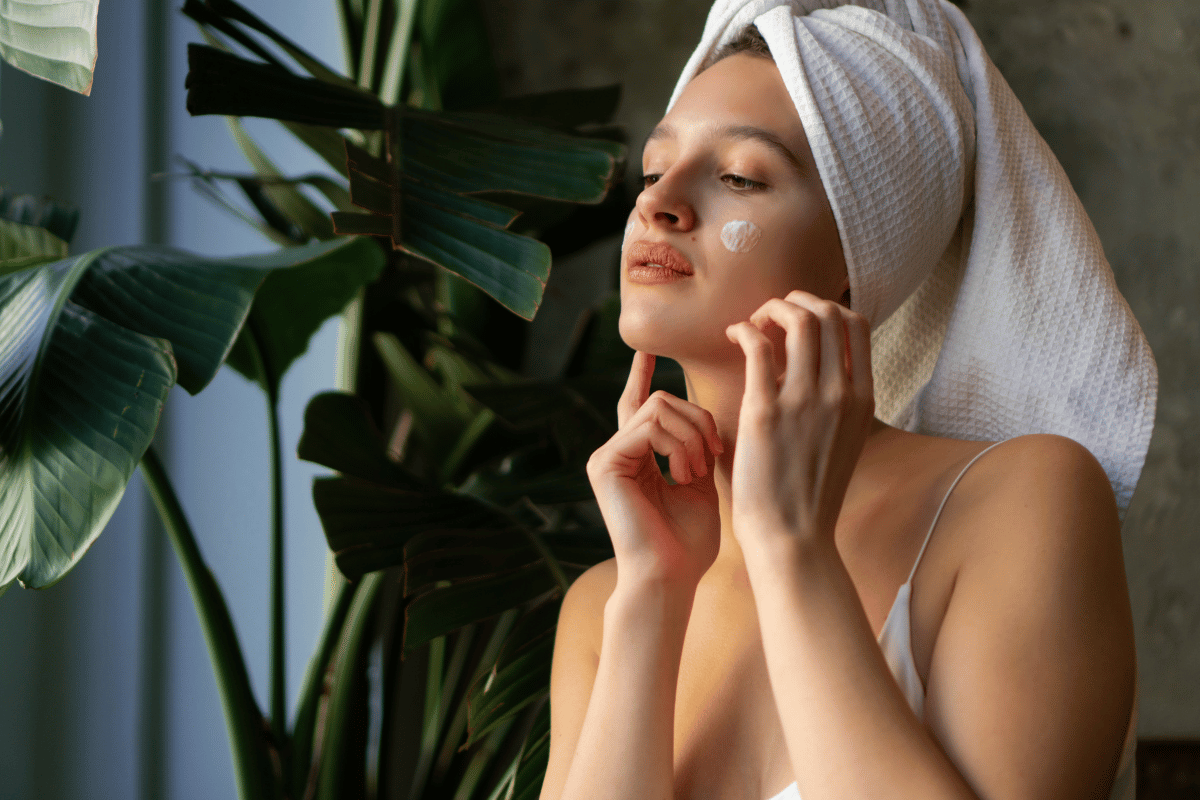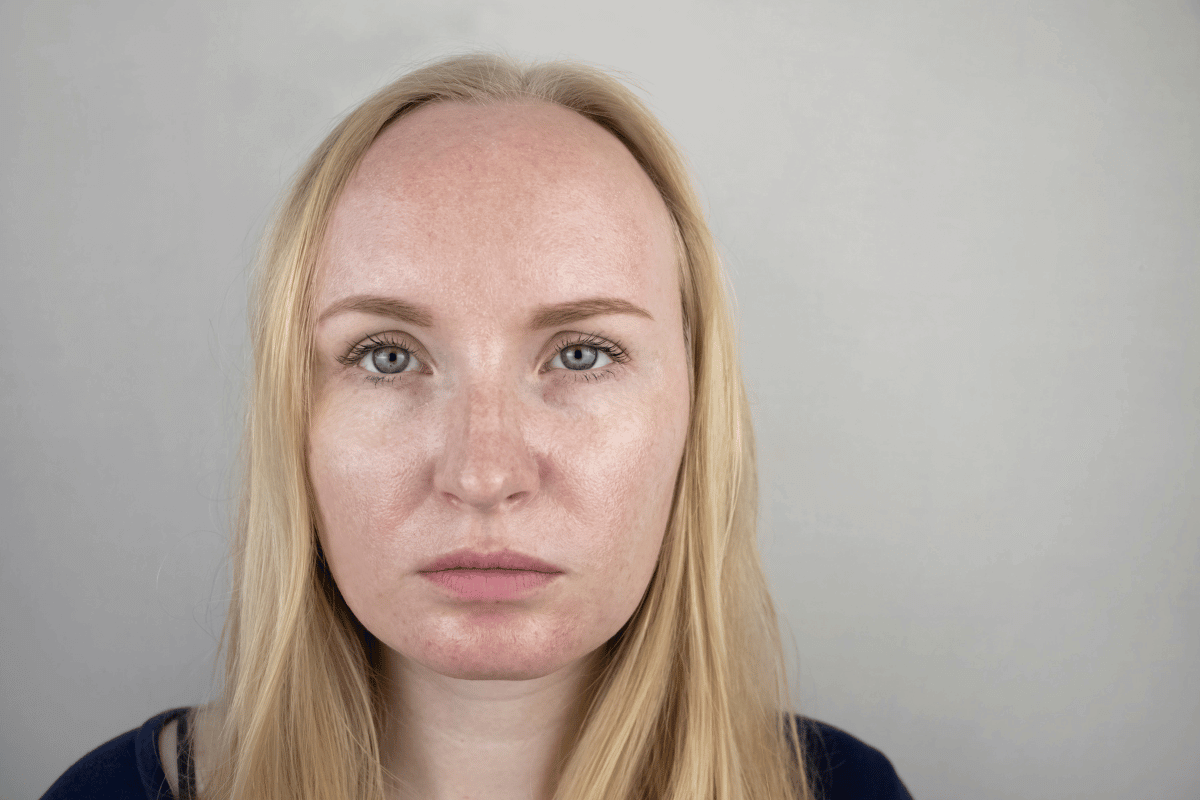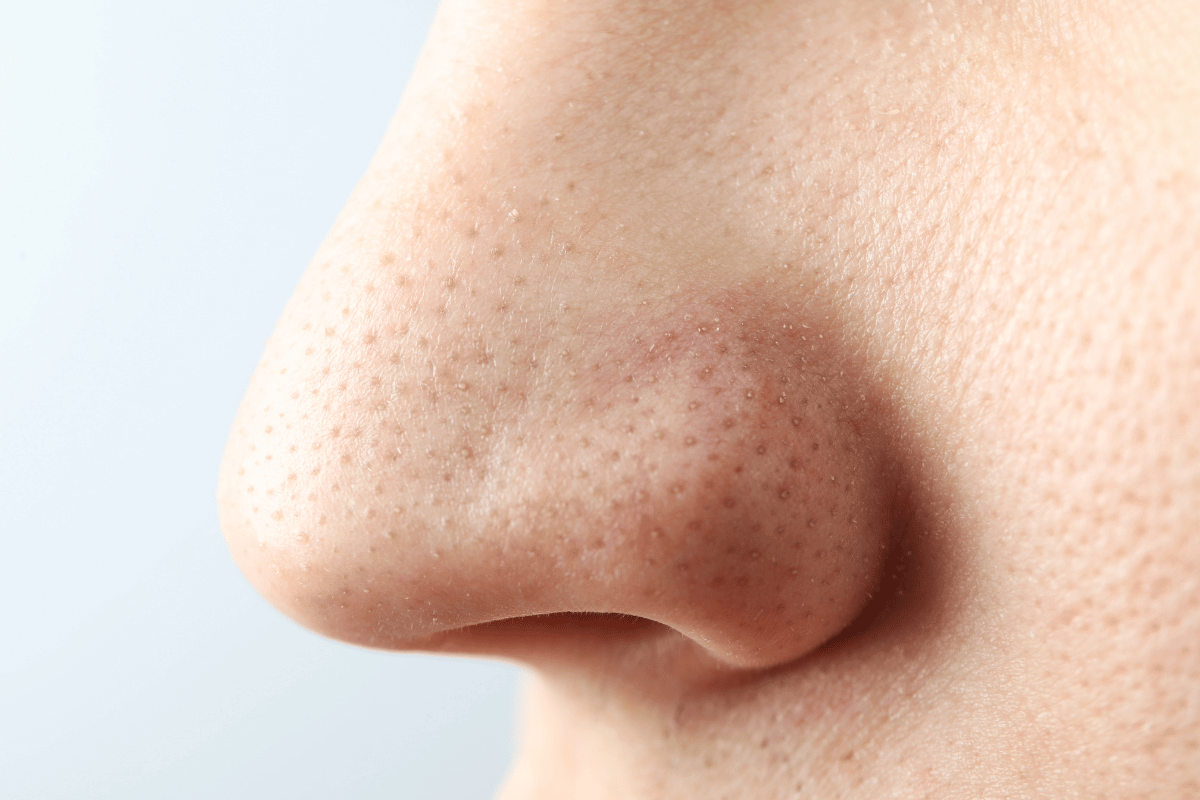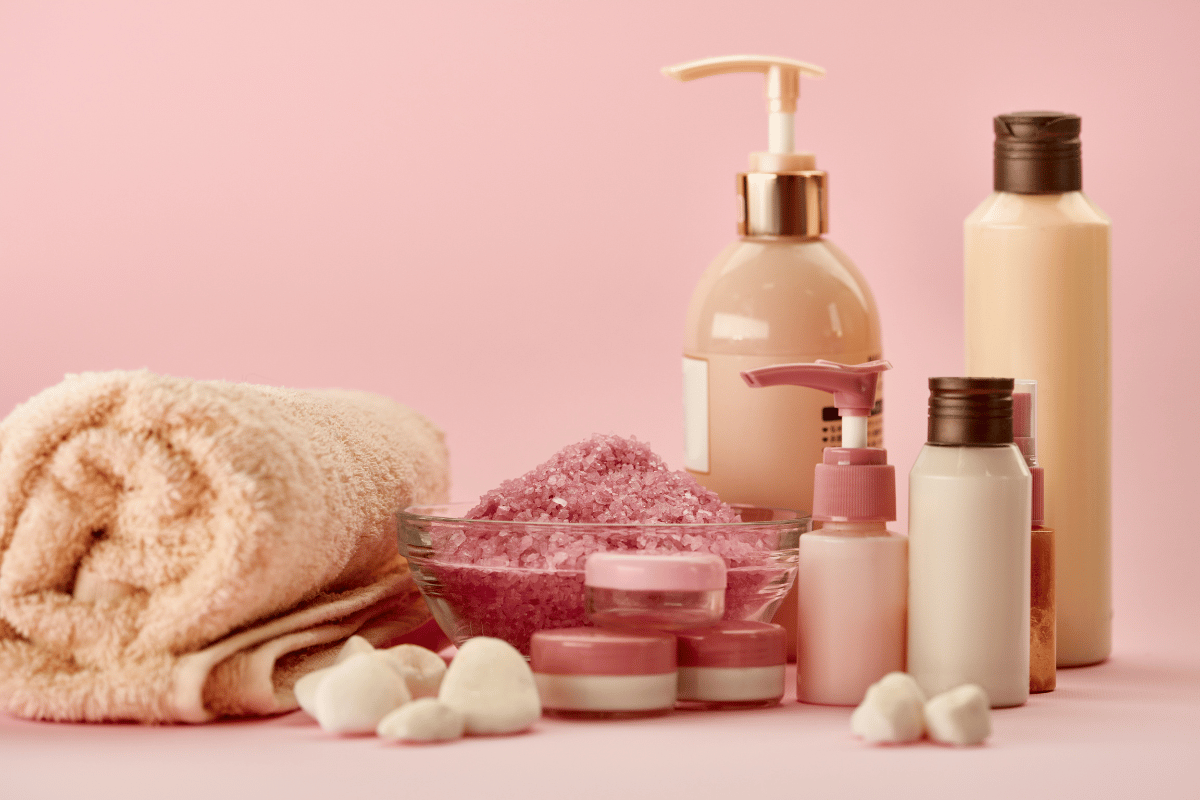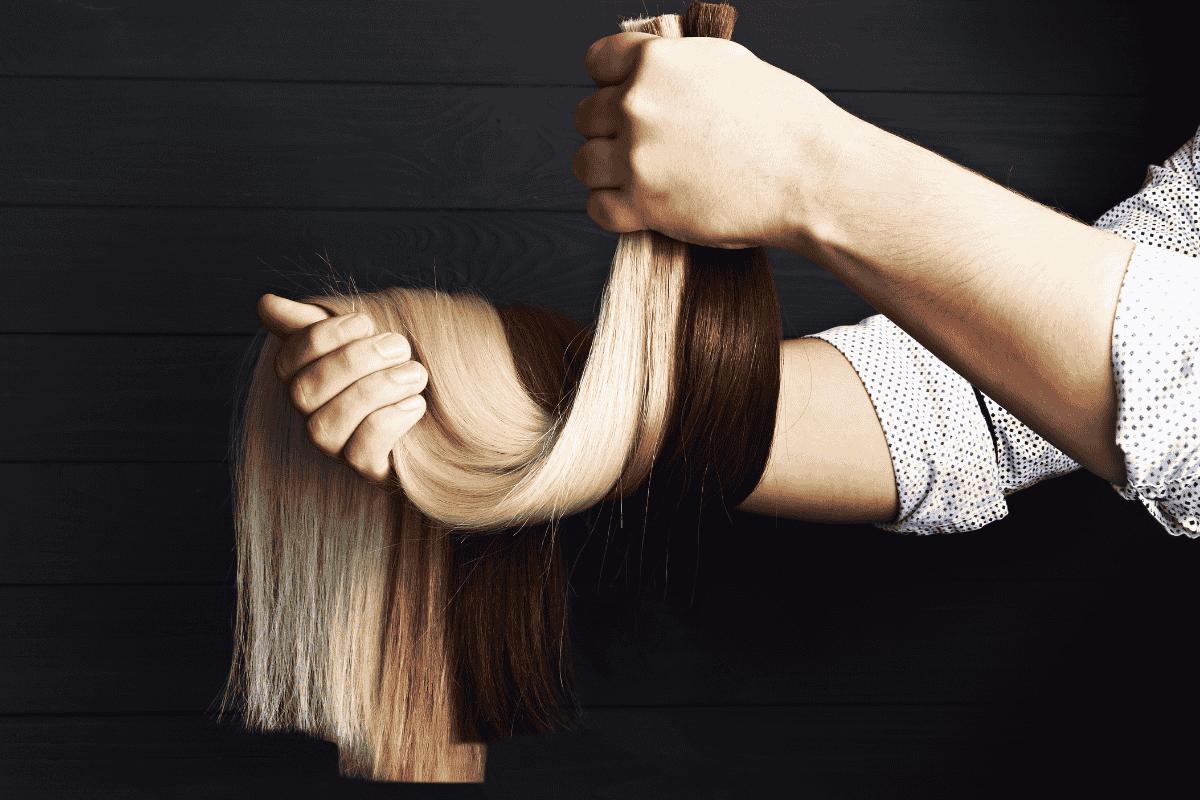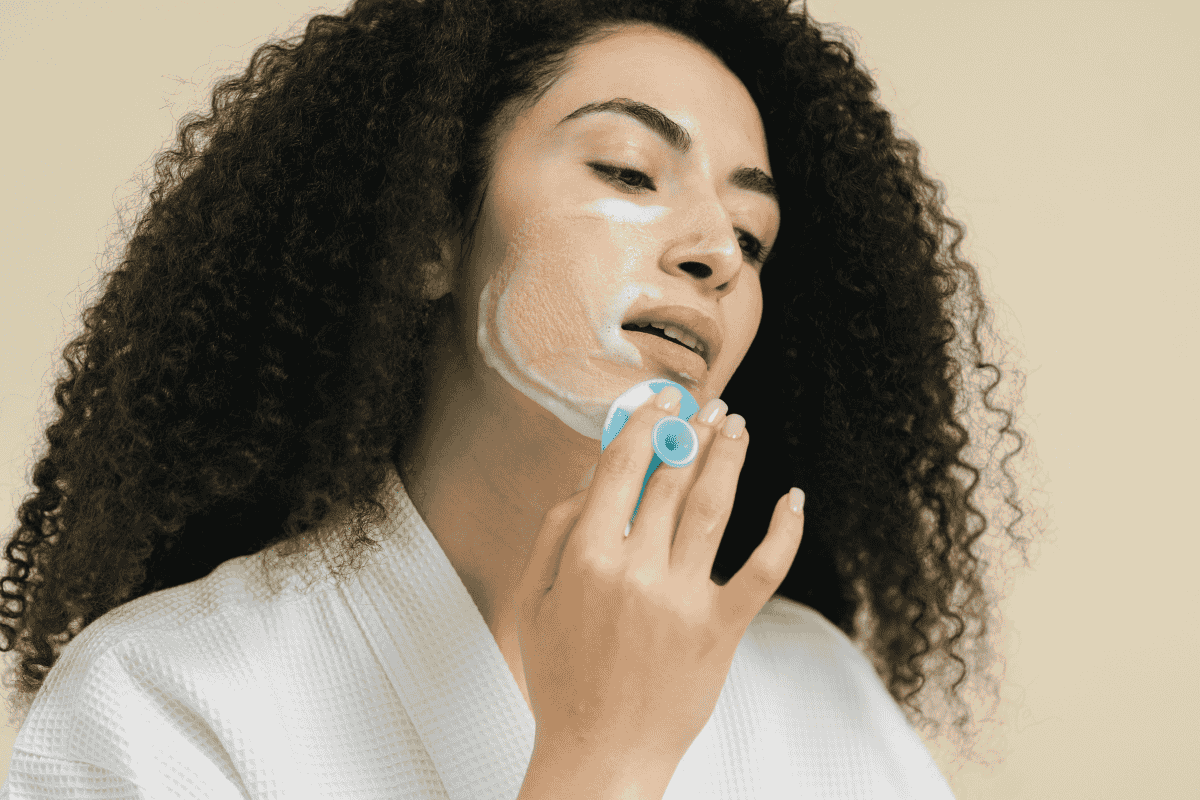The monsoon, the name itself, brings freshness when you listen to it. After almost getting backed up by a super hot summer, the monsoon gives you relief, but with fresh rain, it brings down specific skin challenges, too. The humid environment during monsoon, sudden downpours, and unpredictable changes in temperatures confuse your skin. But there are some tips and tricks that help you fight with monsoon skin challenges.
In this article, we will discuss tips, ideal skincare routines, and how to choose skin care products during monsoon season.
Let’s start understanding why it creates skin problems.
Table of Contents
Why Monsoon Creates Skin Issues?
Who doesn’t know the biggest monsoon factor on skin is humidity. High humid environment during monsoon lets your skin produce extra oil that gives you greasy feeling. Now you got extra moisture, obviously it reduces the defence capability of your skin that open ups your skin for multiple infections. So, every time you go out in the rain, you skin meets with unwanted dangers of infections.
Along with these, sudden drops and rises in temperature do not let your skin decide the actual weather condition, resulting in dry and irritated skin. With all these changes and confusion, how can pollution stay behind affecting your skin? A mash-up of rainwater and pollution is the perfect cook-up for clogged pores and dull skin.
Major Skin Challenges During Monsoon
The monsoon season brings its own set of skin challenges, and these can vary greatly depending on your skin type.
Here’s a look at how different skin types are affected and the major issues they face during the rainy season.
- Oily Skin: During monsoon, oily skin worsens with increased humidity, causing excessive oil production. This leads to a shiny, sticky appearance and clogged pores, resulting in frequent acne breakouts and blackheads.
- Dry Skin: Despite humidity, dry skin suffers from dehydration during monsoon, feeling tight and developing dry patches. Fluctuating weather exacerbates sensitivity, causing redness and irritation.
- Combination Skin: Monsoon complicates combination skin by making the T-zone oilier, prone to breakouts, while cheeks and dry areas develop flakiness. Balancing both extremes becomes challenging.
- Sensitive Skin: High humidity and pollutants during monsoon trigger sensitivity, leading to irritation, redness, and potential allergic reactions. Damp conditions increase the risk of fungal infections and rashes, demanding careful skincare management.
7 Skincare Tips for Monsoon Season
The monsoon season can be tough on your skin, but with a few adjustments to your skincare routine, you can keep your skin glowing and healthy.
Here are some essential skincare tips to help you navigate the rainy season:
1. Cleanse your skin thoroughly but gently
Due to the increased humidity and dust during the monsoon, your skin tends to accumulate more dirt and pollutants. It’s essential to cleanse your face twice a day to remove grime and prevent clogged pores. Opt for a mild, soap-free cleanser that suits your skin type. Avoid over-cleansing, as this can strip your skin of its natural oils, leading to dryness and irritation.
2. Don’t forget to hydrate your skin
While the air may feel damp, your skin can still get dehydrated. Ensure you keep your skin hydrated by using a lightweight, water-based moisturiser. These moisturisers provide the necessary hydration without making your skin feel greasy.
For those with oily skin, gel-based moisturisers work wonders. Remember, well-hydrated skin is less likely to produce excess oil, reducing the chances of breakouts.
3. Tone it up
Toners help in removing any leftover impurities after cleansing and also balance your skin’s pH levels. During the monsoon, choose an alcohol-free toner to avoid drying out your skin. Ingredients like rose water, chamomile, or witch hazel are excellent choices for toning and refreshing your skin without causing irritation.
4. Avoid heavy makeup
Heavy makeup can clog your pores and lead to breakouts, especially in humid weather. Opt for minimal makeup during the monsoon. Use a tinted moisturizer or a BB cream instead of a full-coverage foundation. Waterproof makeup products can be a savior during this season, preventing smudging and streaking.
5. Sunscreen always works
Even though the sun may not be as visible, UV rays can still penetrate through the clouds. Never skip your sunscreen routine. Choose a non-comedogenic, broad-spectrum sunscreen with at least SPF 30. Reapply every few hours if you’re outdoors for extended periods.
6. Try to keep your skin dry
After getting caught in the rain, make sure to dry your skin properly. Pat your skin dry with a clean towel and avoid rubbing vigorously. This prevents fungal infections that are common during the monsoon due to prolonged dampness. Also, change out of wet clothes as soon as possible to keep skin issues at bay.
7. Maintain a Balanced Diet
Your diet plays a significant role in your skin health. During the monsoon, indulge in a balanced diet rich in fruits, vegetables, and nuts. Avoid oily and spicy foods as they can trigger acne and other skin issues. Foods rich in antioxidants, such as berries and green leafy vegetables, help in fighting free radicals and keeping your skin youthful.
5 Tips for Choosing Skincare Products During Monsoon Season
Choosing the right skincare products during the monsoon season is crucial to keep your skin healthy and glowing. The increased humidity, fluctuating temperatures, and frequent exposure to rain require a tailored approach to your skincare.
1. Opt for Lightweight Formulas
Choose lightweight, water-based or gel-based moisturisers that hydrate without making your skin feel greasy. Also, use serums with hyaluronic acid or vitamin C to boost hydration and brighten your skin.
2. Non-Comedogenic Products
Ensure that all your skincare products are non-comedogenic, meaning they won’t clog your pores. This is especially important for those with oily or acne-prone skin.
3. Try Gentle Cleansers
Opt for mild, soap-free cleansers that effectively remove dirt and impurities without stripping your skin of its natural oils. Look for ingredients like aloe vera or chamomile that soothe the skin.
4. Alcohol-Free Toners
Use alcohol-free toners to balance your skin’s pH levels without drying it out. Ingredients like rose water, witch hazel, and green tea extract are excellent choices for refreshing your skin.
5. Hydrating Masks
Bring home hydrating masks into your routine once a week. Look for masks with ingredients like honey, aloe vera, and hyaluronic acid to give your skin an extra boost of moisture.
Summing it up,
Monsoon is such a beautiful time that no one wants to stop but with a well kept skin and hence the above skin care is something that lets you enjoy your rain with better skin tone. Want to discuss more or any specific skin care issue? – don’t hesitate to connect with our experts now.
Frequently Asked Questions for Monsoon Skin care
1. Is it necessary to change my skincare routine for the monsoon?
Yes, adjusting your skincare routine for the monsoon is beneficial. Focus on lightweight products, hydrating ingredients, and oil-control measures to combat the effects of humidity and rain on your skin. Pay attention to your skin’s needs and adapt accordingly.
2. Should I use sunscreen during the monsoon?
Yes, you should use sunscreen even during the monsoon. UV rays can penetrate through clouds and cause damage to your skin. Choose a waterproof sunscreen with at least SPF 30 and reapply every few hours if you’re outdoors.
3. What should I do if my skin gets wet in the rain?
If your skin gets wet in the rain, gently pat it dry with a clean towel as soon as possible. Avoid rubbing vigorously, as this can irritate the skin. Follow up with a hydrating moisturiser to prevent moisture loss.
4. Can I use home remedies for skin care during the monsoon?
Yes, home remedies like honey masks, aloe vera gel, and cucumber packs can provide extra nourishment and hydration to your skin during the monsoon. They are natural and often gentler on the skin compared to commercial products.

